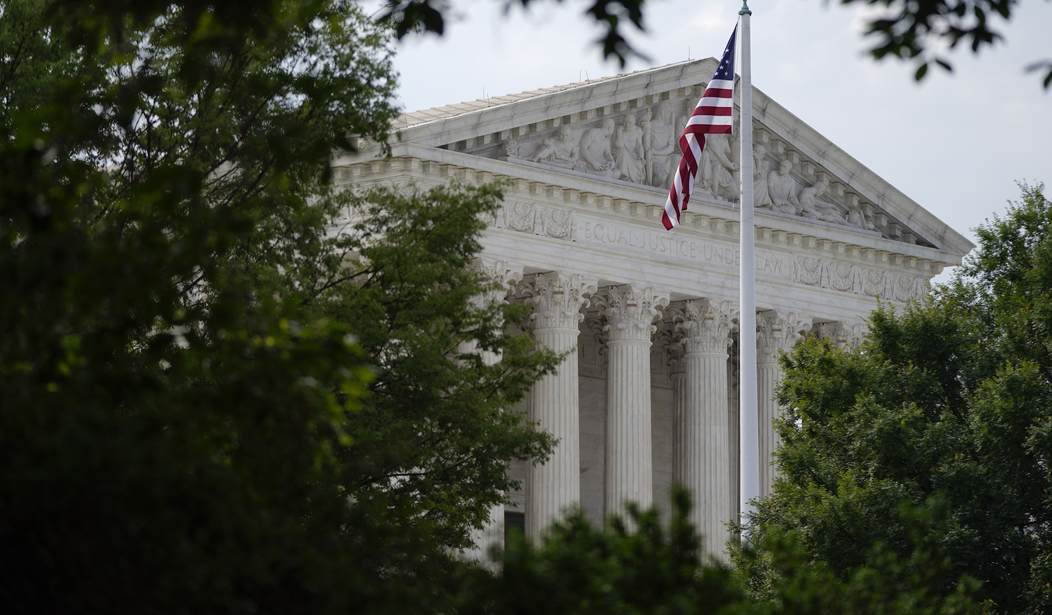One of America’s longest running inside-the-beltway battles on domestic policy took a turn for the better last month with the American Legion showing leadership among Veteran Service Organizations (VSOs) over who can help millions of veterans file disability claims.
According to Military Times, Chanin Nuntavong, the Legion’s executive director broke ranks with his peer major VSOs, finally acknowledging that for-profit companies can join the benefits community to help alleviate hundreds of thousands of backlogged claims, provided they get accredited by the Veterans Administration (VA).
Over the past two decades there’s been a protracted fight over who can help veterans with claims. On one side stands major VSOs which help veterans for free, reaping compensation from donor dollars for their efforts. On the other are private consultants, often service-disabled veterans owned (SDVO) businesses which charge fees for profit. Both want to keep their respective lights on.
Determining who can legally help veterans obtain disability benefits is no small matter because over 5 million currently receive them out of 18 million. Yet as the number of veterans shrink there has been intense competition over resources linked to helping them.
With the WW-II and Korean War era heroes now all but gone, and now those who served in Vietnam fading away, it mostly leaves those who served in peacetime or during the wars in Iraq and Afghanistan -- however those numbers are tiny compared to the drafts of the 20th century.
Recommended
While the numbers of veterans are getting smaller, the money isn’t.
With the recent passage of the PACT Act which expanded VA benefits eligibility for exposure to burn pits prevalent in Iraq and Afghanistan, Agent Orange in Vietnam, and other toxic substances, the result was 2.4 million claims filed in Fiscal Year 2023, up 39% from 2022, leading to a record $163 billion paid out in benefits.
Yet between the COVID-19 related work-from-home policies which slowed things down considerably, combined with the PACT Act, the number of backlogged claims waiting months for any response has soared with VA leaders acknowledging it could take two years to catch up.
Though it’s true that veterans don’t need either VSOs or private consultants as the VA notes while touting a “compensation” page on the website, lots of luck to the average veteran in gaining any benefits in a timely manner, if at all. The documentation required, often reaching back decades, and back and forth requests, could take years -- even with help.
Veterans with illnesses often do not have the physical and mental ability to sustain the long-uphill fight with government bureaucracy. They should not be dependent on advocacy groups.
Given these circumstances, veterans need more options in deciding who can help them, not less.
Two dueling bills weaving their way through Congress address this issue head-on -- the GUARD Act vs. the PLUS Act. While both are bi-partisan, counting Democrats and Republicans in their ranks of co-sponsors, one is clearly more veteran-friendly.
Under the GUARD Act, criminal penalties would be imposed on anyone or entity helping veterans with disability claims unless they are accredited attorneys paid by the VA or VSOs who hire them on staff. This would effectively shut down all private consultants and their businesses.
Under the PLUS Act, the VA would be required to amend and expand the accreditation process itself, allowing veteran-owned businesses to operate for profit. This would effectively cut into the pie of major VSOs which would likely see reduced public donations if the number of veterans receiving their help shrinks.
Besides closing down private businesses helping veterans, the GUARD Act would double down to sustain an existing blight in the current system.
In a Congressional hearing last week on examining the appeals process on disability benefits before the House Veterans Affairs Committee, Acting Chairman of the Board of Veterans Appeals Kenneth Arnold hit the nail on the head. He described how remands in appeals yields $45 to $50 million in accredited attorney fees per year with relatively few veterans seeing any increase in their monthly compensations. Moreover, most of that money is paid out to a handful of boutique law firms which already have close relations to the VA. What a racket.
While both the GUARD and PLUS Acts are in part designed to respond to scammers trying to fleece veterans out of compensation by pocketing it themselves, Congress should not make things harder for veterans by taking away their choices on who can help them.
It is already extremely difficult for veterans who need assistance to navigate through the bureaucracy, Washington should not eliminate private consultants, often mom & pop type operations just to hand more money to beltway law firms.
Our veterans deserve better.

























Join the conversation as a VIP Member